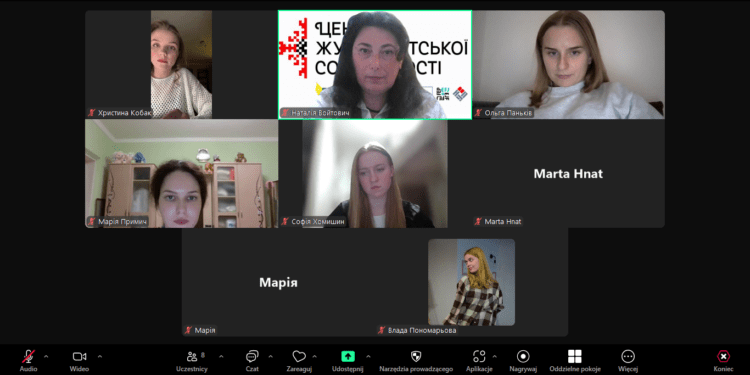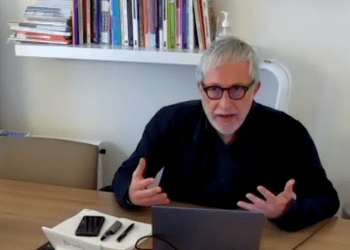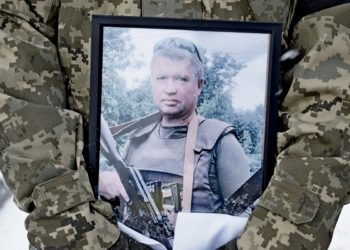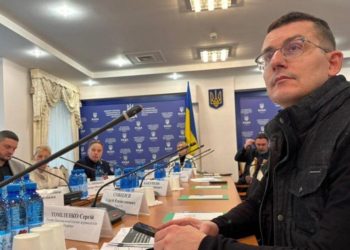The full-scale invasion had a significant impact on the Ukrainian media space. Journalistic standards have also changed. Journalists can now partially ignore the completeness of information when it comes to shelling – thus trying to hide from the enemy the exact location of the hit. And information silence has become commonplace. Media workers are now more attentive to the provision of reliability because information must be official, verified, and accurate. In order to improve their fact-checking skills, journalists from Channel 24 attended an author’s training in Lviv by the coordinator of the Unified Western Ukrainian Journalists’ Solidarity Center, Nataliya Voitovych.
The coach told media workers that a modern person consumes 34 GB of media content daily. In a week, we view the amount of information that a person in the Middle Ages received in his entire life. These data emphasize the importance of analyzing any information.
During the training, journalists learned how to work with an information object, considered the concept of “fact-checking” in a broad sense, and how to check a message consisting of several theses.
Journalists got acquainted with tools for checking facts and practiced exercises on distinguishing facts from judgments. They also discussed the topic of pseudo-experts and where to look for qualified specialists for commentary.
Call the Unified Western Ukrainian JSC at 097 907 9702 (Nataliya Voitovych, the coordinator of the Lviv center, and Volodymyr Bober – assistant). The Center is located at 5 Solomiyi Krushelnytskoyi Street.
ABOUT JSC
The Journalists’ Solidarity Centers is an initiative of the NUJU implemented with the support of the International and European Federations of Journalists and UNESCO. The initiative is designated to help media representatives working in Ukraine during the war. The Centers operate in Kyiv, Lviv, Ivano-Frankivsk, Chernivtsi, Zaporizhzhia, and Dnipro and provide journalists with organizational, technical, legal, psychological, and other types of assistance.
ABOUT UNESCO
UNESCO is the United Nations Educational, Scientific, and Cultural Organization. It contributes to peace and security by promoting international cooperation in education, sciences, culture, communication, and information. UNESCO promotes knowledge sharing and the free flow of ideas to accelerate mutual understanding. It is the coordinator of the UN Action Plan on the Safety of Journalists and the Issue of Impunity, which aims to create a free and safe environment for journalists and media workers, thus strengthening peace, democracy, and sustainable development worldwide. UNESCO is working closely with its partner organizations in Ukraine to provide support to journalists on the ground.
The designations employed and the presentation of material throughout this digest do not imply the expression of any opinion whatsoever on the part of UNESCO concerning the legal status of any country, territory, city, or area or its authorities or concerning the delimitation of its frontiers or boundaries.
The authors are responsible for the choice and the presentation of the facts contained in this digest and for the opinions expressed therein, which are not necessarily those of UNESCO and do not commit to the organization.
Dariya Markova

 THE NATIONAL UNION OF
JOURNALISTS OF UKRAINE
THE NATIONAL UNION OF
JOURNALISTS OF UKRAINE
















Discussion about this post